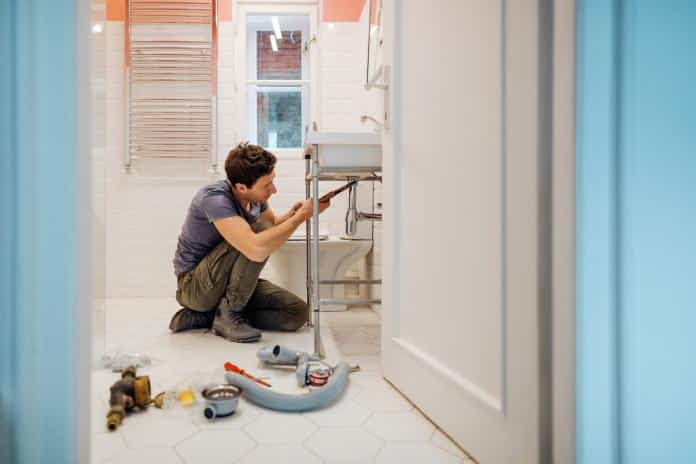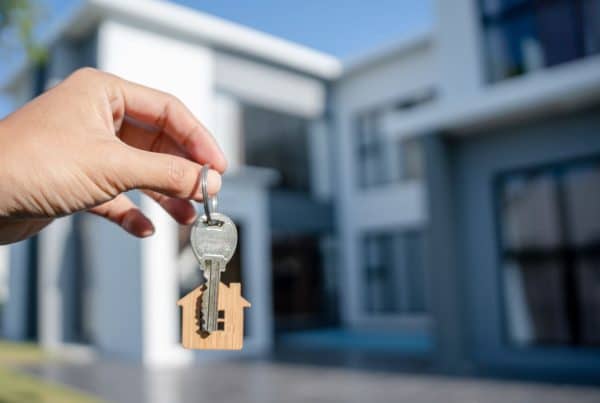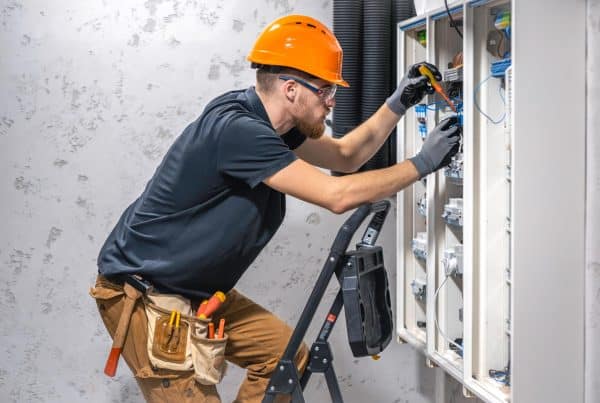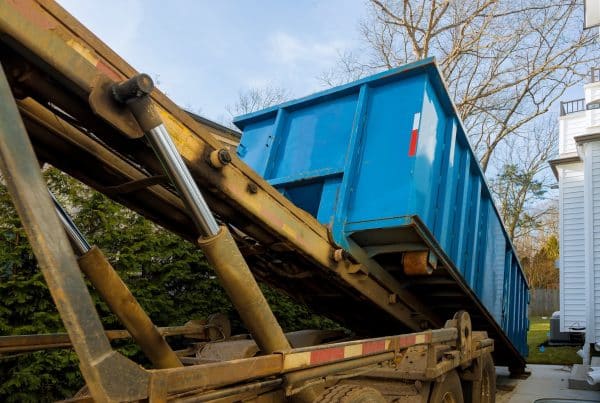Once you have decided that you want to start making improvements and remodeling works on your home, where do you go next? What do you look at first, and how do you ensure you are proactive about the work you want to carry out? When you are proactive you can ensure you get the standards and results that you want. What steps should you start taking to make sure you use your time and other resources both effectively and efficiently?
Deciding Where Your Priorities Lie
Firstly, you are going to want to decide where your priorities lie. There may well be lots of remodeling projects and improvements you want to undertake. However, it is not always wise to start them all at the same time. When you look at where your priorities lie, and you see what projects are important, you can then start working on a to-do list. For example, if the heating in your home is not as energy efficient as you would like, then prioritize this, as it will save you money. These savings can then be used towards other projects. Looking at how you live in your home at the moment and seeing how you want to live in the near future will help you establish what your priorities should be.
Create a To-do List
After establishing those priorities, you are then going to want to go ahead and create a to-do list. Home remodeling and renovation can be very consuming and stressful (especially if you are living there at the same time). To make the whole process that little bit easier on you, use to-do lists. See where you have to focus your time, energy and resources right now. See who you need to contact and why. For example, on your to-do list, make sure you prioritize contacting contractors, or ordering materials you will need. To-do lists for remodeling projects can help you keep to timescales, and help you stay within budget.
Thinking about DIY Improvements
Even if you are going to be tackling those larger home improvements and remodeling projects, it does not mean that you cannot undertake some DIY yourself. For example, clearing and cleaning the rooms or areas you will be improving or remodeling is essential. You do not want to have to pay a contractor to do this for you, as this will eat into your overall budget. Also, think about decoration and finishing touches you can do yourself. When you can undertake DIY improvements yourself (no matter how small they feel) you will feel control and ownership over the project.
Making Sure You Have the Correct Home Insurance
When you are carrying out any major or minor improvement works to your home, you always have to be certain of the home insurance coverage you have. If you are not suitably covered, you may wish to look at taking a new home insurance policy with a company like KBD insurance. Starting (or taking on) projects without the correct insurance and coverage can leave you vulnerable and exposed – especially if something goes wrong. It is always worth checking out any existing policies you currently hold and seeing if there are any exclusions or limitations when it comes to renovation and remodeling works.
Getting Contractors on Board
Trying to tackle all home improvements by yourself can be draining and exhausting, especially if you have a long to-do list. To start ticking off those jobs, you may wish to get a contractor on board. Specialists and experienced contractors are going to be able to help you transform your home and realize your dreams in an efficient manner. When it comes to finding a contractor for your home, you must always be clear about your expectations, ideas and budget. If there is any confusion about your plans or ideas, you will find that it will delay a project, and end up leaving you feeling unnecessarily stressed.
Setting Aside Finances and a Contingency Budget
All remodeling and improvement work within your home (or even to the exterior) is going to cost you money. Setting aside a budget from the outset, and then deciding how you will fund these works is important. When you are having contractors and tradespeople on site, you need to ensure that you have finances in place to keep the projects running as smoothly as possible. If your finances are not in place, it will add delays. Also, make sure that you give yourself a healthy contingency budget (to cover those unexpected or added costs). Getting to grips with the finances at the start of the project will then encourage you to be proactive with other aspects. So, do not put off sorting out the budget or finances as this will end up slowing you down, and it will certainly leave you feeling frustrated.








